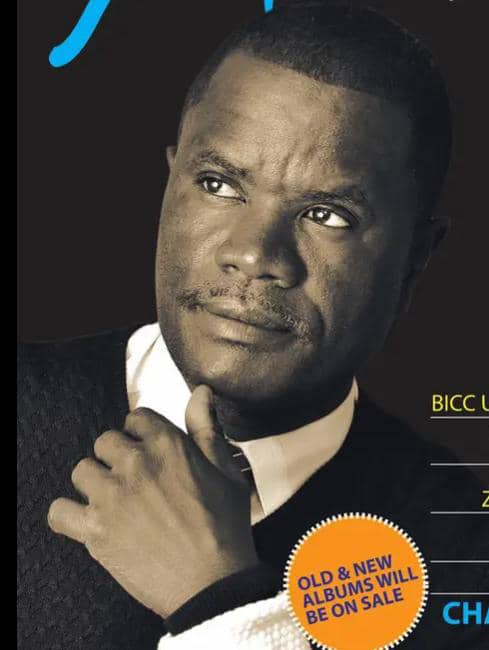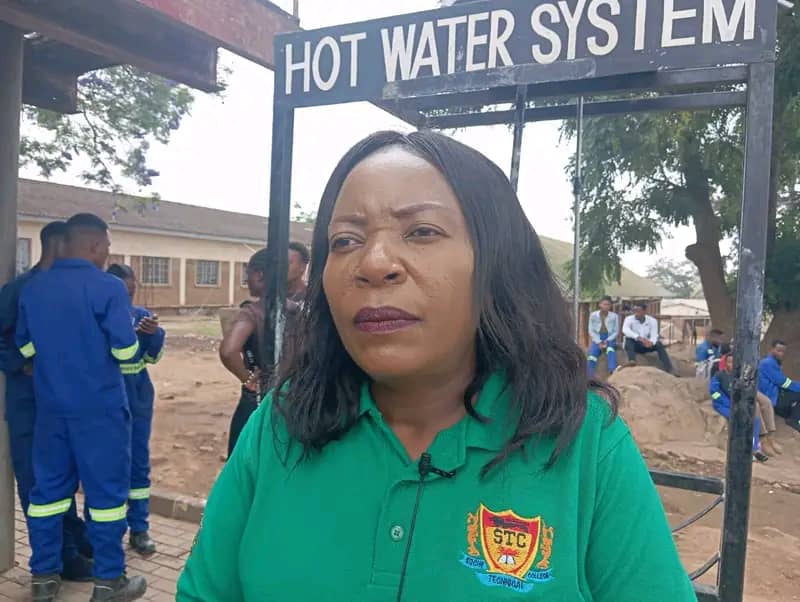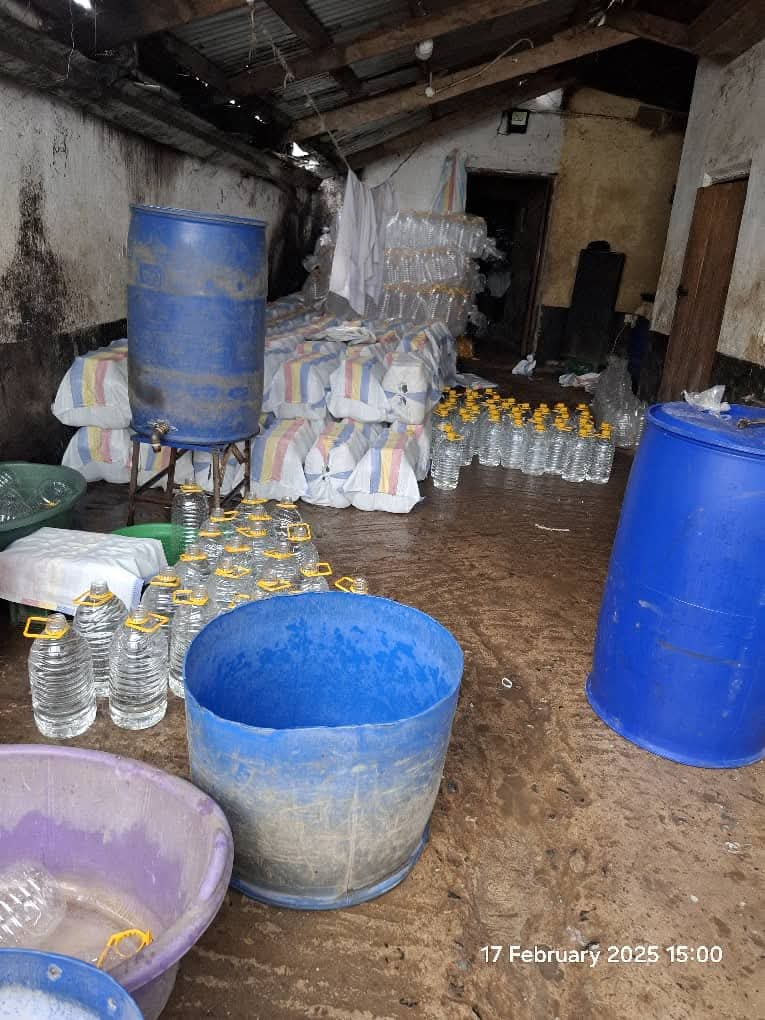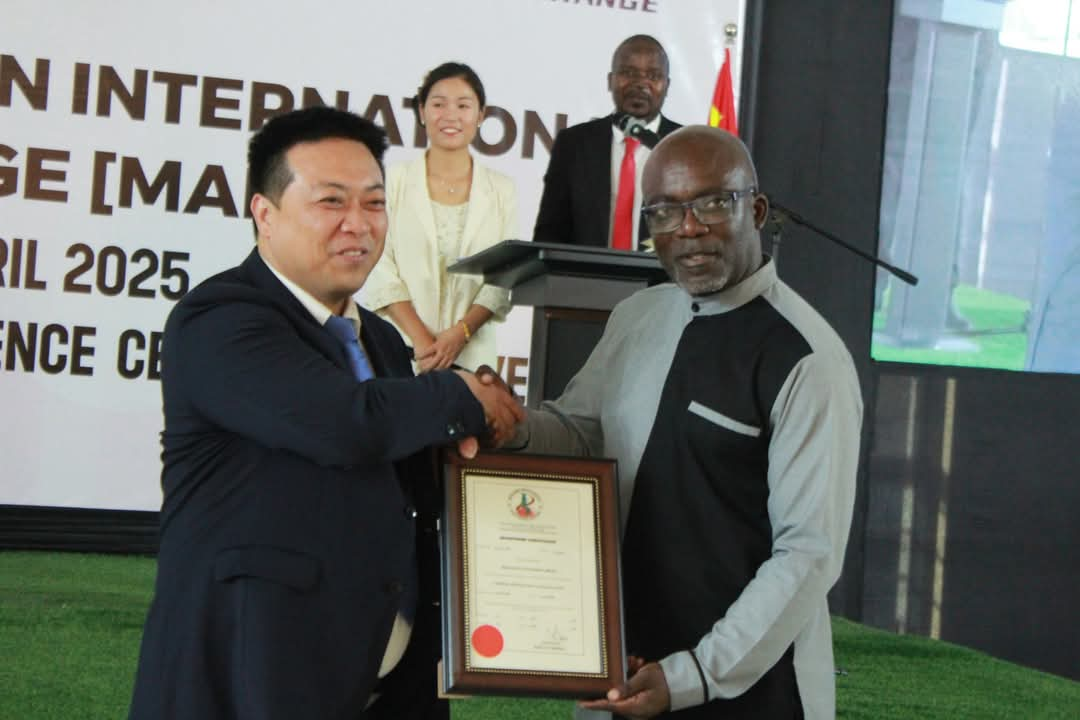By Burnett Munthali
The aftermath of Vice President Dr. Saulos Chilima’s tragic passing continues to stir emotions across Malawi, with Mary Chilima emerging as a central figure in the ongoing quest for truth and justice. Recent remarks by former legislator and gospel musician Hon. Allan Ngumuya have amplified the national conversation, shedding light on the deep frustrations, unanswered questions, and political undercurrents surrounding Dr. Chilima’s untimely death. At the heart of the controversy is Mary Chilima’s endorsement of UTM as the party to carry forward her late husband’s legacy, a move that has further intensified public discourse.
One of the key issues Ngumuya highlights is the confusion surrounding President Lazarus Chakwera’s presence at the commemoration event honoring Dr. Chilima. He criticizes the manner in which the invitation was communicated, particularly on social media, where it was announced that the president had accepted an invitation from Mary Chilima without providing the actual letter of invitation. This omission, he argues, led to a flurry of speculation and an intense backlash against Mary Chilima, with many believing she had personally invited Chakwera to the event.
Ngumuya, however, clarifies that Mary Chilima was not behind the invitation. Instead, a group of Dr. Chilima’s close friends, including Benjamin Wandawanda, Anthony Kasunda, Roy Cumms, and Noel Lipipa, were responsible for inviting the president. These individuals, despite their different political affiliations, had strong personal relationships with Dr. Chilima and played key roles in organizing the event.
Ngumuya suggests that the misinformation regarding the invitation was not accidental but rather a deliberate political strategy aimed at discrediting Mary Chilima. By framing her as the one who invited Chakwera, political actors sought to create division and portray her as having reconciled with the government before key questions about her husband’s death had been answered.
Ngumuya also reflects on the overwhelming public reaction to the event, noting that the backlash was not just about the alleged invitation but also about the love and admiration Malawians still have for Mary Chilima. The anger expressed by many was a reflection of the deep emotional wounds left by Dr. Chilima’s death, which remains a painful and unresolved issue for many Malawians.
What became clear from the incident, Ngumuya argues, is that Mary Chilima commands significant influence in Malawi—not just as the widow of Dr. Chilima but as a powerful figure in her own right. He describes her as socially, spiritually, mentally, physically, and politically significant, asserting that her words and actions continue to shape public opinion. He urges Malawians to allow her to mourn in peace, rather than subjecting her to unwarranted criticism.
At the core of Ngumuya’s remarks is the persistent mystery surrounding the plane crash that killed Dr. Chilima and several others. He echoes the concerns Mary Chilima raised in her speech, questioning the inconsistencies and suspicious circumstances surrounding the official investigation. He lists several key questions that remain unanswered:
Why did it take 12 hours to start searching for the missing plane?
Why was there conflicting information about the plane’s location?
Why was Dr. Chilima found half-naked?
Why was there a roadblock set up near the crash site?
Why didn’t the plane catch fire upon impact?
These questions, according to Ngumuya, are central to both Mary Chilima’s and UTM’s frustrations. He argues that the government has failed to provide clear answers, fueling further speculation and distrust. He warns that as long as these concerns remain unresolved, the demand for justice will not subside.
Ngumuya also addresses the political dimension of the controversy, particularly the criticism directed at UTM and its new leader, Dr. Dalitso Kabambe. He cautions UTM supporters against being swayed by government-aligned media outlets that seek to undermine the party.
He notes that UTM’s decision to distance itself from engaging with the MCP-led government on the matter aligns with Mary Chilima’s stance. Both have expressed dissatisfaction with the official findings and the manner in which the investigation has been handled.
Ngumuya dismisses the attempts to attack Dr. Kabambe, arguing that his statements—like those of Mary Chilima—reflect the frustrations of many Malawians who feel that the truth about Dr. Chilima’s death is being concealed. He urges UTM supporters to remain focused on the fight for justice rather than being distracted by political maneuvering.
Ngumuya concludes his statement with a strong message to Malawians: the struggle for answers must continue. He calls on authorities to address the unresolved questions rather than using political tactics to divert attention. He argues that the intense public reaction to Chakwera’s presence at the commemoration event is proof that Malawians remain skeptical about the official version of events.
Mary Chilima has undeniably emerged as a significant figure in Malawi’s political landscape. Her call for justice resonates with many Malawians who feel that the truth about her husband’s death remains hidden. In endorsing UTM to carry forward Dr. Chilima’s legacy, she has signaled her commitment to the fight for accountability.
As the nation watches, the coming months will determine whether the government will respond to these concerns or whether the demand for truth and justice will continue to gain momentum. What is clear, however, is that the memory of Dr. Saulos Chilima and the mystery surrounding his death will not fade away anytime soon. Malawians are watching, waiting, and demanding answers.




